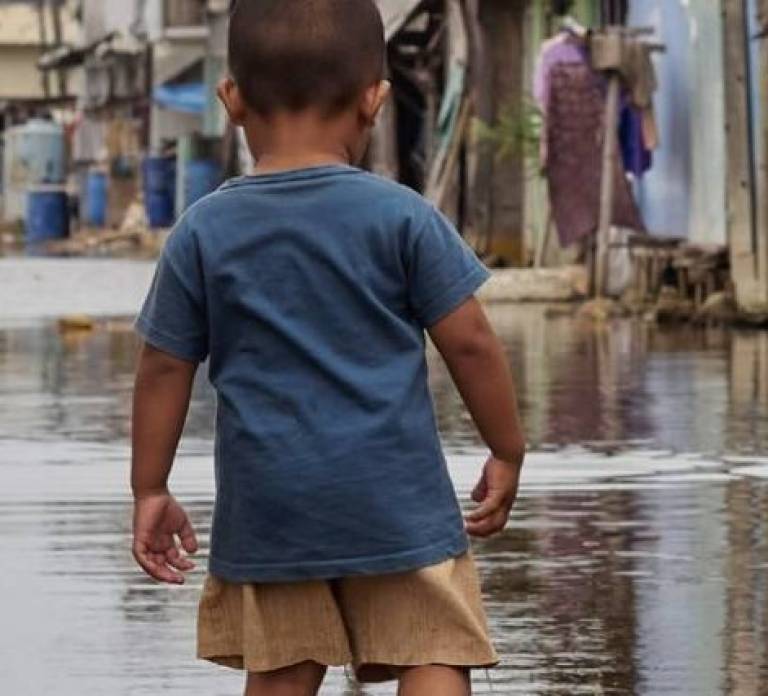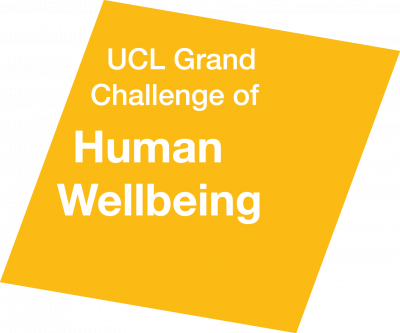How does Violence against Children intersect with Climate Change?
This pilot project explores the interlinkages between two pressing crises: violence against children (VAC) and climate change (CC) together with environmental degradation (ED).

1 September 2022
Only recently have research and policy begun to shine a light on the magnifying effect of Climate Change (CC) on children’s exposure to violence, exploitation, and abuse, with the role of Environmental Degradation (ED) remaining under-explored. To spur academic and political movement in this area, the research aimed to help establish the magnitude, direction, and pathways of the relationship between CC, ED, and Violence Against Children (VAC). This cross-discipline collaboration brings together Professor Ayeb-Karlsson's expertise on how climatic changes intersect with health and mental well-being, including her in-depth knowledge of the United Nations Framework Convention on Climate Change and Professor Datzberger's expertise on how multidimensional forms of violence affect children and youth and knowledge of global and national policy to end, prevent and mitigate VAC. The report aimed to showcase the complexity of that relationship and illustrate, in the form of case studies, why context-specific approaches and more research are needed.
Doing so, this project covered five thematic areas:
- Hazards and Disaster Risk Reduction
- Gender
- Climate-Induced Im/mobility
- Child Labour
- Health.
Taking all five thematic areas together, violence against children emerged as a cross-cutting theme that is deeply rooted in historical injustices, global systems and structures and disproportionately affects those living in poverty and does not just intensify during environmental shocks.
 Close
Close


